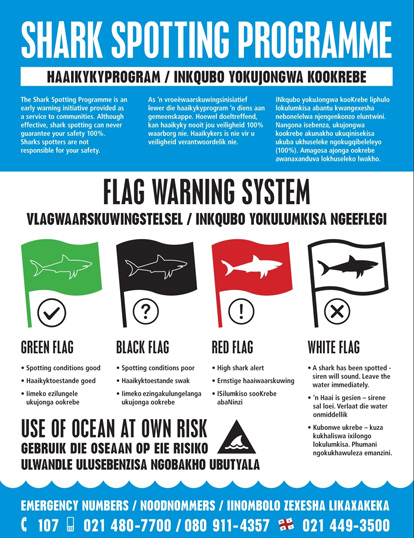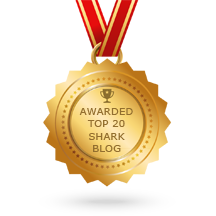[fusion_builder_container hundred_percent=”yes” overflow=”visible”][fusion_builder_row][fusion_builder_column type=”1_1″ background_position=”left top” background_color=”” border_size=”” border_color=”” border_style=”solid” spacing=”yes” background_image=”” background_repeat=”no-repeat” padding=”” margin_top=”0px” margin_bottom=”0px” class=”” id=”” animation_type=”” animation_speed=”0.3″ animation_direction=”left” hide_on_mobile=”no” center_content=”no” min_height=”none”]
Considering the number of people who use the ocean on a daily basis, the actual number of attacks by Great White Sharks is extremely low. People are not the natural prey of the Great White Sharks. Everyone entering the ocean should do so at their own discretion, knowing that they are entering a wild environment in which sharks naturally live.
We are entering their territory; they are not coming into ours.
Shark Safety Tips
If people exercise caution and are aware of their environment, the risk of an attack can be lowered further. Here are some tips in reducing the risk of attack:
– Do not swim, surf or surf ski when birds, dolphins or seals are feeding nearby.
– Do not swim in deep water beyond the breakers.
– Do not swim if you are bleeding.
– Do not swim near river mouths.
– Do not swim, surf or surf ski at night.
– Do not swim, surf or surf ski near where trek-netting, fishing or spear fishing is taking place.
– Do not dive for rock lobster using live bait.
– If a shark has recently been sighted in an area where no mountain watchers are present, consider using another beach for the day.
– Obey beach officials if told to leave the water.
– Consider kayaking or surf skiing in a group when going far out to sea.
– Pay attention to shark signage on beaches.
Shark Spotter Programme
To improve safety, Shark Spotters are positioned along the Cape Peninsula, mainly along the False Bay coastline, at strategic points on the mountains. Each Shark Spotter is equipped with polarized sunglasses and binoculars, and is in radio contact with another spotter on the beach. If a Great White Shark is sighted the beach spotter will sound a siren and raise a white flag with a black shark. When the siren sounds the water users are requested to leave the water and only return when the appropriate all-clear signal is given.
Shark Spotter Flags – What do they mean?
– A Green Flag means that visibility for the shark spotters is good and that no Great White Sharks have been seen.
– A Black Flag means that visibility for the shark spotters is poor, but no Great White Sharks have been seen.
– A Red Flag means that a Great White Shark has been seen recently, but is no longer visible to the shark spotters.
– A White Flag with a Black Shark, along with a loud siren, means that a Great White Shark has been sighted and you should leave the water calmly, but immediately.
– No Flag means that there are no shark spotters on duty.
Even though the Shark Spotter Programme has proven to be a very effective warning system in Cape Town, it cannot be 100% effective due to human error, weather and sea conditions. People should enter the ocean at their own risk.
[/fusion_builder_column][/fusion_builder_row][/fusion_builder_container]




